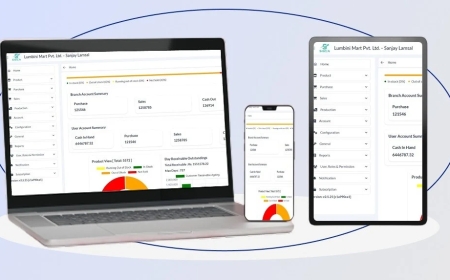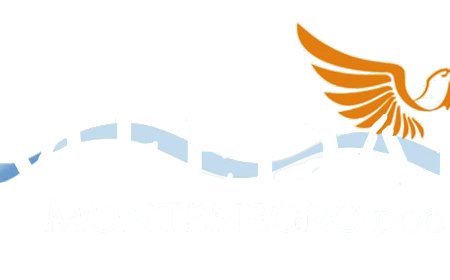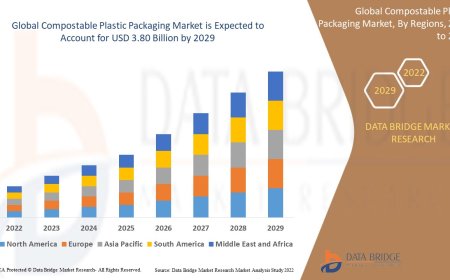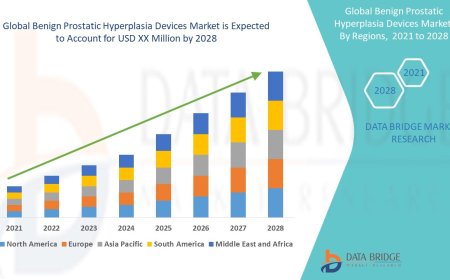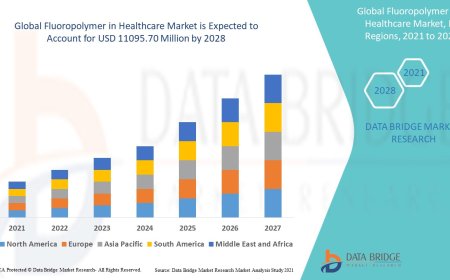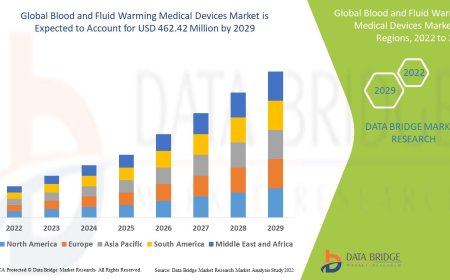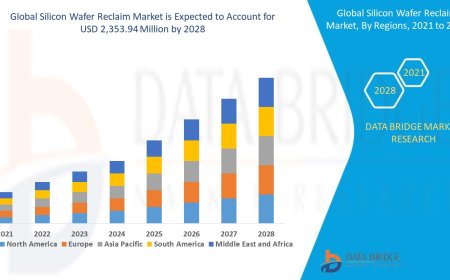Reducing Water Quality Violations with Data
Discover how real-time water data analytics slash quality violations, prevent fines, and protect public health through smarter monitoring.

For decades, water quality violations have plagued municipalities and industrial operatorsunexpected contamination spikes, missed sampling deadlines, and costly fines from regulators. But a new wave of data-driven water management is turning the tide, transforming guesswork into precision and reaction into prevention.
The High Cost of Water Quality Violations
When water systems fail to meet EPA, WHO, or local standards, the consequences ripple far beyond fines:
-
Public health crisesfrom exposure to pathogens, heavy metals, or chemicals
-
Eroded public trustin municipal water supplies
-
Operational shutdownsfor industrial facilities
-
Legal liabilitiesfrom class-action lawsuits
Traditional compliance relied on infrequent manual samplinga snapshot approach that often missed critical fluctuations between tests.
How Real-Time Data Changes the Game
1. Continuous Monitoring vs. Periodic Sampling
Legacy systems took weekly or monthly grab samples. Todays sensor networks measure pH, turbidity, chlorine, dissolved oxygen, and contaminantsevery second, creating a live "EKG" of water health.
2. Predictive Contamination Alerts
AI models analyze historical and real-time data to forecast risks:
-
A gradual chlorine decay predicts bacterial regrowth
-
Sudden conductivity spikes signal possible industrial discharge
-
Rainfall data correlates with stormwater overflows
3. Automated Compliance Reporting
Cloud platforms compile audit-ready reports with:
-
Chain-of-custody documentation
-
Exceedance alerts with root-cause analysis
-
Corrective action logs
Proven Applications Cutting Violations
Municipal Water Treatment
Cincinnati's pilot program reduced EPA violations by 62% after deploying:
-
Lead detection algorithms in distribution lines
-
Predictive coagulant dosing at the plant
-
Smart flush systems for dead-end pipes
Food & Beverage Industry
A major brewery eliminated 100% of effluent violations by:
-
Real-time BOD monitoring in pretreatment
-
Automated pH adjustment systems
-
Discharge compliance dashboards
Mining & Heavy Industry
Copper mines now use:
-
Machine learning to predict metal leaching
-
Automated shutoff valves for out-of-spec discharge
-
Blockchain water quality records for regulators
The Data-Driven Compliance Playbook
-
Instrument Critical Control Points
-
Source water intakes
-
Treatment process trains
-
Distribution system extremities
-
-
Implement Tiered Alert Systems
-
Level 1: Operator notifications for minor deviations
-
Level 2: Automated corrective actions (e.g., chemical dosing)
-
Level 3: Regulatory agency auto-reporting for major events
-
-
Train Teams in Data Literacy
-
Shift from "sample collectors" to "data interpreters"
-
Cross-train operators in analytics basics
-
-
Audit Your Data Ecosystem
-
Verify sensor calibration drift
-
Test algorithm false-positive rates
-
Simulate regulatory inspections
-
The Future: Self-Healing Water Systems
Emerging technologies promise even sharper reductions:
-
DNA sensorsdetecting pathogens at molecular levels
-
Digital twinsystems simulating treatment adjustments
-
Blockchain-enabledcompliance reporting
Conclusion
The era of surprise violations is ending. Water systems embracing continuous data analytics aren't just meeting standardsthey're staying steps ahead of them. In the race for water quality, data isn't just helpful; it's becoming the difference between compliance and catastrophe.




